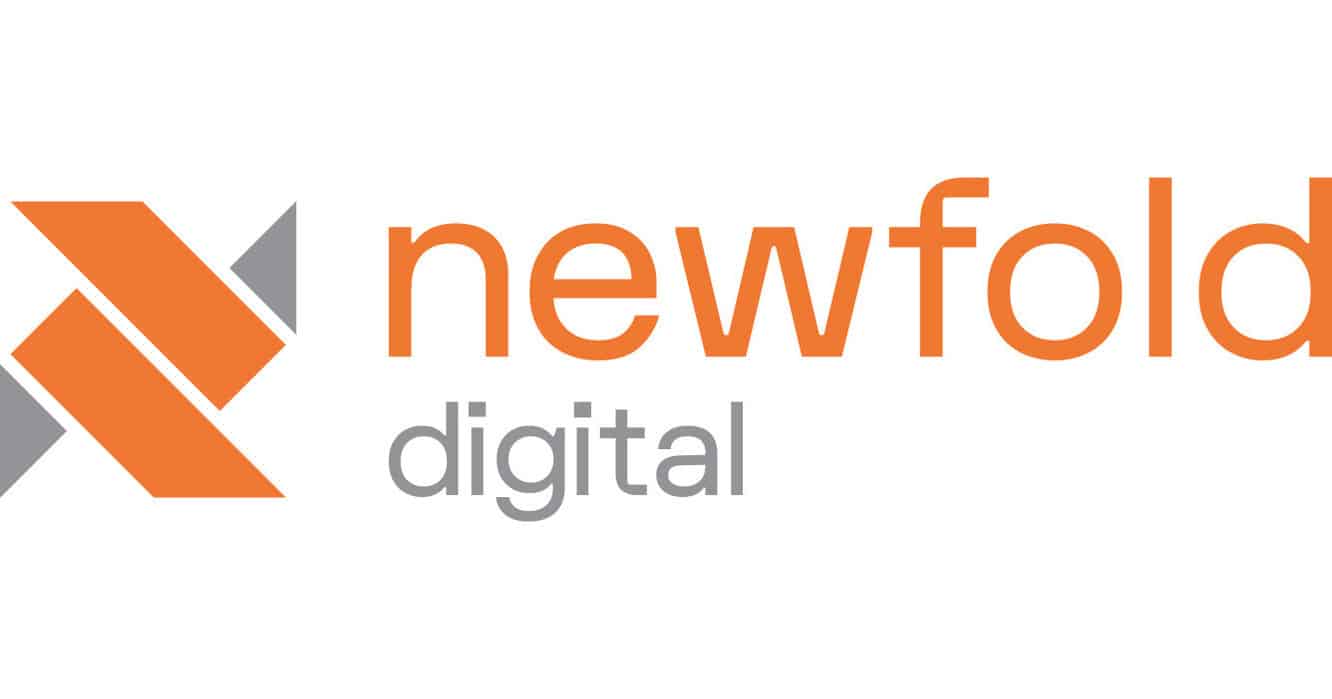Another day, another expansion move for Newfold Digital. After the web services giant’s acquired Deluxe’s Australia operations last week, it announces today that it’s acquiring eCommerce player YITH. For those unfamiliar YITH operates WooCommerce plugins in the pervasive WordPress ecosystem.
But that probably puts it lightly. The company is one of the largest independent WooCommerce plugin and theme developers, including more than 2.3 million active installs and more than 100 plugins. This boosts Newfold’s positioning in the WordPress ecosystem, and its eCommerce toolbelt.
“E-commerce has become an essential part of what web solutions providers need to offer,” Newfold Digital CEO Sharon Rowlands told Localogy Insider,” YITH’s extensive plugin library will help us achieve our mission of empowering SMBs in the online marketplace.”
Newfold Digital Goes Down Under for Deluxe’s Australia Web Hosting Business
Plug & Play
Stepping back, what is WooCommerce and why is it important? Owned by Automattic – one of the largest entities in the open-source WordPress universe – it’s a clear leader in plug & play eCommerce toolkits. WordPress in turn powers 22 percent of the top 1-million global e-commerce sites.
Speaking from experience as a WooCommerce user, it lets WordPress site operators get up and running quickly with eCommerce functions. That includes pro storefronts on the front end, and secure payments and shipping logistics on the back end. It sheds considerable friction and headaches.
This is similar to the democratization that Shopify has brought to eCommerce but with all the advantages of WordPress. The latter involves an extensive range of options for websites, given a vast universe of plugins that make customization and advanced functionality possible.
That’s where YITH comes in. Though WooCommerce is a WordPress plugin itself, it’s become so big that it’s sort of it’s own platform that has bred many third party plugins to expand capability. This includes things like store themes and functions that build on the core WooCommerce base.
New Muscles
With all the above, the YITH acquisition deepens Newfold’s bench in the WordPress ecosystem, as noted. In fact, Newfold already owns BlueHost (hosting) and (Yoast) SEO, which are both powerhouses in the WordPress world. So Newfold is clearly targeting best of breed players across the board.
This also means more vertical integration in the WordPress Stack. As you can tell from the above, there are several moving parts to WordPress, including plugins (and plugins of other plugins). With ownership of more of those moving parts, Newfold can offer elegant integrations and one-stop-shop appeal.
The latter is always music to the ears of time-starved SMBs. And to that end, all of the above is being built in the service of Newfold’s 7-million SMB customers. Given current momentum, we expect continued action and acquisitions in Newfold’s web services power play. Stay tuned for that.
Lastly, it’s worth noting in that eCommerce in general is a hot area of investment, as it’s inflected in the Covid-Era. But even as we gradually emerge from a pandemic, these effects will be permanent. SMBs have developed new eCommerce muscles and they’ll continue to excercise them.
“We live in a digital-first world,” said Rowlands. “Businesses big and small need to be armed with the tools to seamlessly sell online.”




